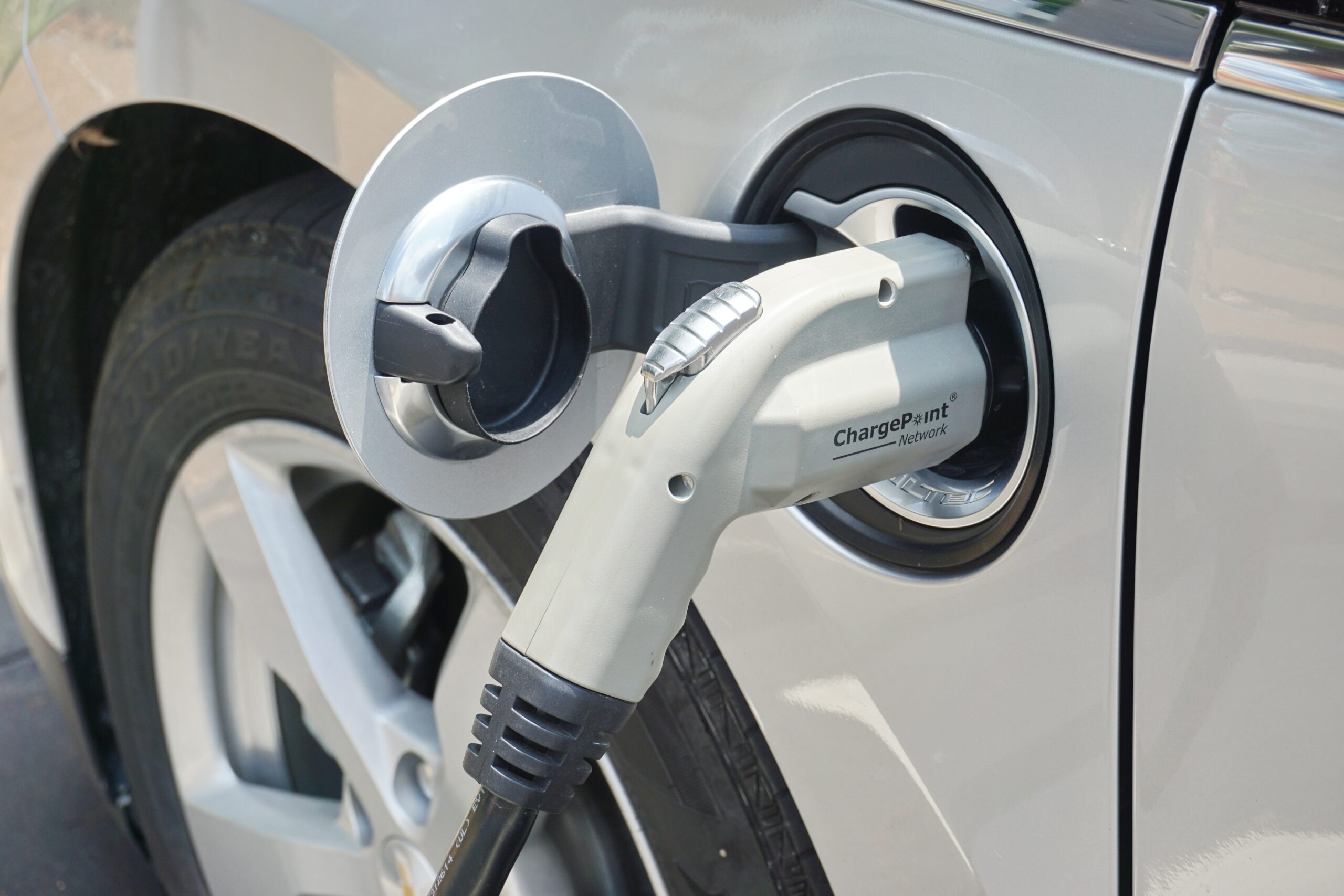We recently held the second edition of our Future of Energy Series at Ikigai Westlands. The conversation with industry experts from the Kenya Renewable Energy Associate (KEREA), BasiGo, Bolt Kenya, Uber Kenya, and E-Safiri delved into how Kenya has established itself as an innovation hub for electric vehicles.
Shortly after the event, the fuel crisis happened. For weeks, we were subjected to scavenger hunts and long lines at fuelling stations. We couldn’t help but recall the conversation, and how the adoption of electric vehicles (EVs) could and will transform mobility across the city, country, and the continent.
But are we sprinting before we crawl?
Let’s take you back to the beginning – to the first edition of The Future of Energy Series, where we learned that Kenya is a global leader in the renewable energy industry.
“Kenya has the most abundant sources of renewable energy in the world. We have the resources and interest to transition to 100% renewable energy within our lifetime” remarked Andrew Amadi, CEO of KEREA.
Kenya’s electrification is one of the fastest in the world – from 23% to 80% in just the last 6 years. This has enabled the industry to grow from task lighting solutions to large-scale projects that create economic opportunities – for instance the electrification of the public transport system.
This is a result of the favorable conditions and policies implemented by the Kenyan government. In 2019, the government further incentivized individuals and businesses by reducing the import duty for full EVs. In the next year, 2020, they shared plans to increase the adoption of EVs locally including plans to have electric and hybrid vehicles embedded in the public transit system.
It is generally the consensus that the switch to e-mobility is an opportunity to address multiple shortcomings of the transport industry.
-
Air pollution:
The transition to e-mobility will be good for the environment. For companies such as BasiGo, this was one of their main motivations to encourage the adoption of EVs in the public transport system.
“During the lockdown, the air was cleaner. This was due to fewer cars on the road, and subsequently less air pollution,” recalled BasiGo’s Chief Revenue Officer, Moses Nderitu.
This is a great motivator for many; however, the motivations to adopt electric vehicles are three-fold.
-
Fuel shortages:
The transition to electric vehicles (EVs) will not only be good for the environment but for livelihoods too!
Carol Ofafa, Founder of E-Safiri, highlighted that while the environmental aspect is important, the adopters are not driven by sustainability. Not because they don’t want to care, but because they have other pressing matters – money and providing for their families.
It does not have to be one or the other, the adoption of EVs can achieve both. Not only would we be able to empower motorists to make deliberate choices to reduce carbon emissions, but we would also increase earning margins for public service drivers.
The cost of fuel is a big operating expense when it comes to Internal Combustion Engine (ICE) cars. For ride-hailing apps such as Bolt and Uber, 30% of their drivers’ revenue goes to fuel. In the wake of the fuel crisis, to ensure their drivers had take-home earnings, they increased their pricing to account for the rise in fuel prices. This not only affected the driver but also the end-user – their customers.
-
Job creation:
Andrew Amadi of KEREA mentioned the transition to EVs is a great opportunity to tap into Africa’s greatest resources – the sun and the youth!
To build a sustainable ecosystem and enabling environment to facilitate the increase of cleaner transport solutions, KEREA and the Association of Electric Mobility & Development in Africa (AEMDA) have partnered to launch a platform for jobs in the renewable energy sector named Ya Kazi. Similar to Strathmore Energy and Research Centre (SERC), discussed in the first edition of The Future of Energy Series, the aim is to train and equip stakeholders who will be involved at different points in the industry.
The argument is good and Kenya has a promising future as the EV hub of Africa, but the journey to put electric vehicles on Kenyan roads is still in its infancy stage. While the interest is high, and the resources to transition to cleaner transport solutions are available – the energy industry’s shortcomings could be the downfall of this promising future. The biggest shortcoming – energy reliability and distribution. Although Kenya generates enough energy to transition to renewable energy as the main electricity source, distribution systems are lagging. Outside of urban centers such as Nairobi, energy access is still a big issue. As such, for Kenya to transition to cleaner energy solutions, we would need to build solutions bottom up for them to be viable into the foreseeable future.
We are looking forward to the third and final edition of The Future of Energy Series which aims to address how innovators are addressing the industry’s shortcomings and building the ecosystem to support Kenya through this transition.
Ikigai is a collective of biophilic-inspired flexible office spaces across Nairobi in Westlands, Lavington, Lower Kabete, and Riverside! We provide beautifully designed, community-centric workspaces designed to support you and your team as you grow.
Visit any of our locations today to escape to the office.



Leave a Reply